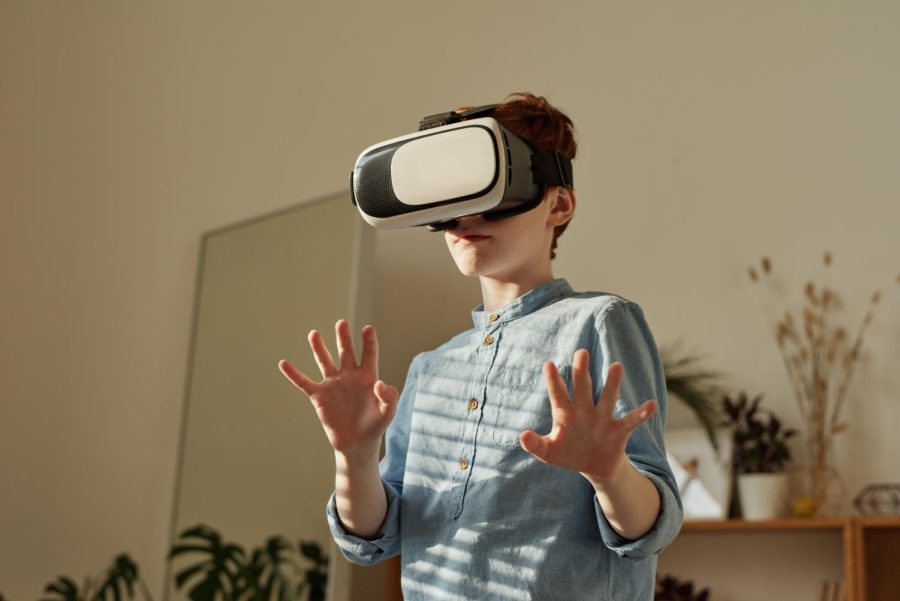Welcome to Facebook’s Metaverse, the world’s next virtual reality platform
On Oct. 28, Facebook founder and CEO Mark Zuckerberg held an online keynote presentation titled “Connection is Evolving and so are we.” In an hour and ten-minute presentation, he laid out the framework for their next virtual platform: Metaverse.
The Metaverse will be a three-dimensional, immersive world focused on developing technology to advance countless sectors of modern life, including work, education and social spheres. Currently, the Metaverse is set to be finalized and released by 2030; it is estimated that over 1 billion users will use the virtual reality platform.
The term “metaverse” was coined by Neal Stephenson in his 1992 science fiction novel “Snow Crash.” In the novel, the metaverse is a network of augmented virtual reality hubs accessed by users through smartphones and visors, similar to a 21st-century app or website.
Zuckerberg has presented this new platform as a way to connect with others, in a virtual setting focusing on potential entertainment, gaming, exercise, education and commercial uses of the Metaverse.
Facebook has officially changed its name to Meta Platforms Inc., or Meta for short. They say that they “seek to bring the Metaverse to life,” and they are changing their name to “reflect… [their] commitment to this future.”
Meta’s Instagram posts showcase interactive art, and the keynote presentation featured the use of avatars, augmented reality and a new economy created by the implementation of the Metaverse.
There have been concerns over the safety and security in introducing this type of incredibly advanced technology because of a concern tied to recent issues of data and security in Meta’s apps, including Facebook and Instagram.
However, even with all of these concerns, the question is raised on how many people would actually use this platform, especially younger people.
“I don’t use Facebook normally,” said Maya Villeneuve, a sophomore forensic science major. “I just use it for being a part of groups and getting notifications. It would really depend on if I would have to, like our University Class of 2024 Facebook page to get that information.”
Similarly, sophomore chemical engineering major Justin Caron said, “I don’t have a social media presence so unless it was very enticing or gave me some form of work-related presence like LinkedIn does, I’d have no reason to use it.”
The advancements in technology in the past few decades are likely only the beginning of technology integrating into daily activities.
Meta and Zuckerburg affirm this, with Zuckerburg saying, “We believe the Metaverse will be the successor to the mobile internet.”








